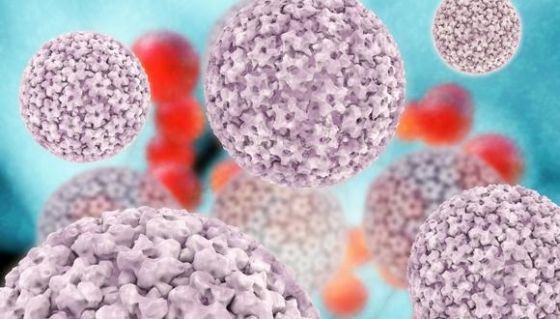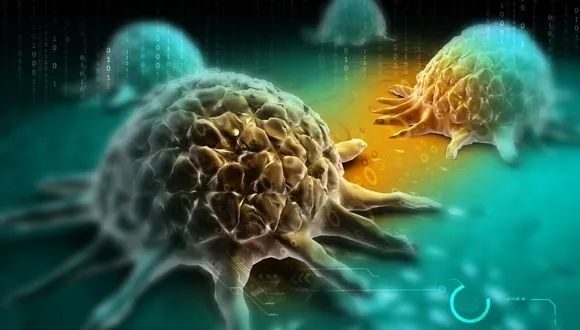
TAU scientists develop nano-vaccine for melanoma
Injection of nanoparticle has proven effective in mouse models, researchers say
Researchers at Tel Aviv University have developed a novel nano-vaccine for melanoma, the most aggressive type of skin cancer. Their innovative approach has so far proven effective in preventing the development of melanoma in mouse models and in treating primary tumors and metastases that result from melanoma.
The focus of the research is on a nanoparticle that serves as the basis for the new vaccine. The study was led by Prof. Ronit Satchi-Fainaro, chair of the Department of Physiology and Pharmacology and head of the Laboratory for Cancer Research and Nanomedicine at TAU’s Sackler Faculty of Medicine, and Prof. Helena Florindo of the University of Lisbon while on sabbatical at the Satchi-Fainaro lab at TAU. The results were published recently in Nature Nanotechnology.
Creating a nano-vaccine
Melanoma develops in the skin cells that produce melanin or skin pigment. “The war against cancer in general, and melanoma in particular, has advanced over the years through a variety of treatment modalities, such as chemotherapy, radiation therapy and immunotherapy; but the vaccine approach, which has proven so effective against various viral diseases, has not materialized yet against cancer,” says Prof. Satchi-Fainaro. “In our study, we have shown for the first time that it is possible to produce an effective nano-vaccine against melanoma and to sensitize the immune system to immunotherapies.”
The researchers harnessed tiny particles, about 170 nanometers in size, made of a biodegradable polymer. Within each particle, they “packed” two peptides — short chains of amino acids, which are expressed in melanoma cells. They then injected the nanoparticles (or “nano-vaccines”) into a mouse model bearing melanoma.
“The nanoparticles acted just like known vaccines for viral-borne diseases,” Prof. Satchi-Fainaro explains. “They stimulated the immune system of the mice, and the immune cells learned to identify and attack cells containing the two peptides — that is, the melanoma cells. This meant that, from now on, the immune system of the immunized mice will attack melanoma cells if and when they appear in the body.”
A vaccine against cancer
The researchers then examined the effectiveness of the vaccine under three different conditions. First, the vaccine proved to have prophylactic effects. The vaccine was injected into healthy mice, and an injection of melanoma cells followed. “The result was that the mice did not get sick, meaning that the vaccine prevented the disease,” says Prof. Satchi-Fainaro.
Second, the nanoparticle was used to treat a primary tumor: A combination of the innovative vaccine and immunotherapy treatments was tested on melanoma model mice. The synergistic treatment significantly delayed the progression of the disease and greatly extended the lives of all treated mice.
Finally, the researchers validated their approach on tissues taken from patients with melanoma brain metastases. This suggested that the nano-vaccine can be used to treat brain metastases as well. Mouse models with late-stage melanoma brain metastases had already been established following excision of the primary melanoma lesion, mimicking the clinical setting. Research on image-guided surgery of primary melanoma using smart probes was published last year by Prof. Satchi-Fainaro’s lab.
“Our research opens the door to a completely new approach — the vaccine approach — for effective treatment of melanoma, even in the most advanced stages of the disease,” concludes Prof. Satchi-Fainaro. “We believe that our platform may also be suitable for other types of cancer and that our work is a solid foundation for the development of other cancer nano-vaccines.”
Related posts










Destroying Cancer: new drug delivery system containing RNA therapy can target cancer cells in bone marrow





Operation Guardian of the Walls: Women, Young People and Residents of the South Paid the Heaviest Price

